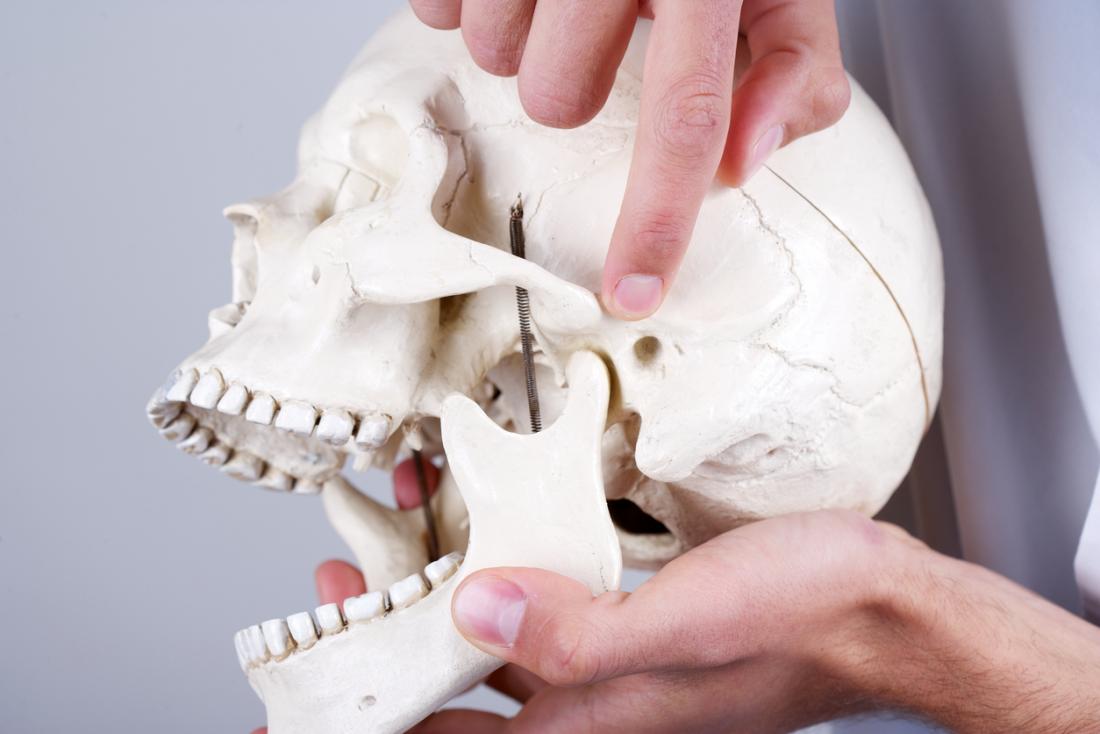
Temporomandibular joint (TMJ) disorder, also known as temporomandibular disorder (TMD), is a condition that affects the jaw joint and the muscles that control jaw movement. It can cause pain, tenderness, and difficulty with eating, speaking, and other day-to-day activities.
The TMJ is a joint on each side of the jaw that acts like a sliding hinge, connecting the jawbone to the skull. It controls the movements of the jaw and allows us to chew, talk, and yawn. The exact cause of TMJ disorder is unknown, but it may be caused by a combination of factors such as genetics, arthritis, and jaw injury.
Clenching or grinding of the teeth (bruxism) is often associated with TMJ disorder, but many people who clench or grind their teeth do not develop TMJ disorder.Fortunately, TMJ disorder is usually temporary and can be relieved with self-managed care or nonsurgical treatments.
However, TMJ surgery might be required in severe cases. It is also important to note that TMJ disorder can worsen if left untreated. If you have persistent jaw pain or difficulty with jaw movement, it is important to speak to your doctor. Your doctor may recommend medications, physical therapy, lifestyle modifications, TMJ surgery, and other treatments to help manage your TMJ disorder.
In some cases, surgery may be recommended if other treatments have failed. Before considering surgery, it is important to discuss the possible risks and benefits with your doctor. Taking care of yourself can also help reduce TMJ disorder symptoms.
Eating soft foods, avoiding large or hard foods, avoiding gum chewing, reducing stress, and getting enough sleep can all help to reduce the pain and discomfort associated with TMJ disorder. TMJ disorder can be a challenging condition to manage.
If you are experiencing jaw pain or difficulty with jaw movement, it is important to speak to your doctor to determine the best treatment options for you. With the right treatments, you can reduce your pain and improve your quality of life.
Common Signs and Symptoms of TMJ Disorder
We all know that a healthy jaw is essential for good oral health and general wellbeing. Unfortunately, TMJ disorders can lead to significant pain and discomfort, as well as having a negative impact on quality of life. Knowing the signs and symptoms of TMJ disorders is essential for seeking early treatment and managing the condition.
The most common signs and symptoms of TMJ disorders include:
- Tenderness or jaw pain
- Pain in one (or both) temporomandibular joints
- Severe facial pain
- Pain when chewing
- Chewing difficulty
- Locking of the joint (this makes it difficult for patients to close or open their mouths)
In some cases, you may also experience a clicking sound or grating sensation when you open your mouth or chew. While this can be uncomfortable, it’s usually not a sign of a serious problem unless it’s accompanied by pain, limitation of movement, or other signs and symptoms of TMJ disorder.
It’s important to note that pain associated with TMJ disorder may be localized to the jaw, or it may radiate to other areas of the face, neck, and head. This should always be checked out by a qualified medical professional. If you experience any of the above signs and symptoms of TMJ disorders, contact your doctor or dentist as soon as possible.
They will be able to assess the cause of your pain and recommend the best course of treatment for you. Early diagnosis and treatment of TMJ disorders can help to reduce the severity of your symptoms and maximize the chances of long-term success.






